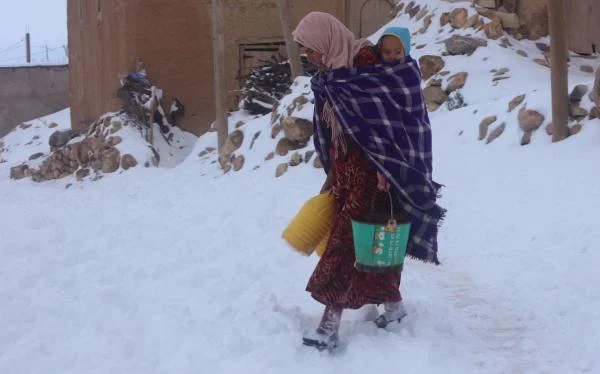Meteorologists predict that this winter may be one of the coldest seasons the world has experienced in the past decade. Climate data points to a significant increase in the number of expected severe cold waves, along with record low temperatures.
Several countries, including Morocco, have already begun experiencing unusually cold conditions early in the season, raising concerns about severe impacts on global climate, local economies, and the challenges countries may face in meeting energy and heating demands.
Reasons for the Unusual Cold
This forecast is attributed to several climate factors contributing to the significant drop in temperatures. Chief among them is the cyclical “La Niña” phenomenon, which causes extreme weather patterns, including droughts in some regions and increased rainfall and cold in others. Temporary decreases in global warming, linked to changes in ocean currents and wind patterns, are also playing a role, pushing cold waves across vast areas including Europe, Asia, and North America.
According to experts, changes in air currents from the Arctic are expected to be more intense this year, allowing cold polar air to flow into lower-altitude regions. This could lead to significant temperature drops and an increase in the number of cold waves.
Impact of Cold Weather on Countries
In Europe, countries like Germany, France, and Poland have reported unusually low temperatures for this time of year, forcing residents to start using heating earlier than usual. Authorities in these countries have noticed an increase in energy demand, with a rise in natural gas and electricity consumption. This may lead to inflation in energy prices, adding pressure on governments amid the ongoing global energy crisis.
Meanwhile, parts of Asia, including regions in China, South Korea, and Russia, have experienced early cold waves that have raised concerns among residents and local authorities. Meteorologists expect even lower temperatures starting in December.
